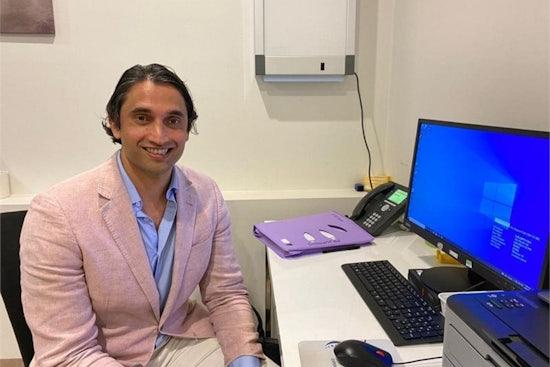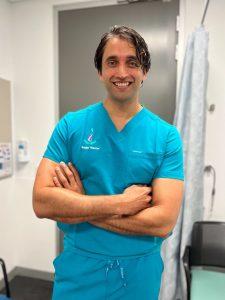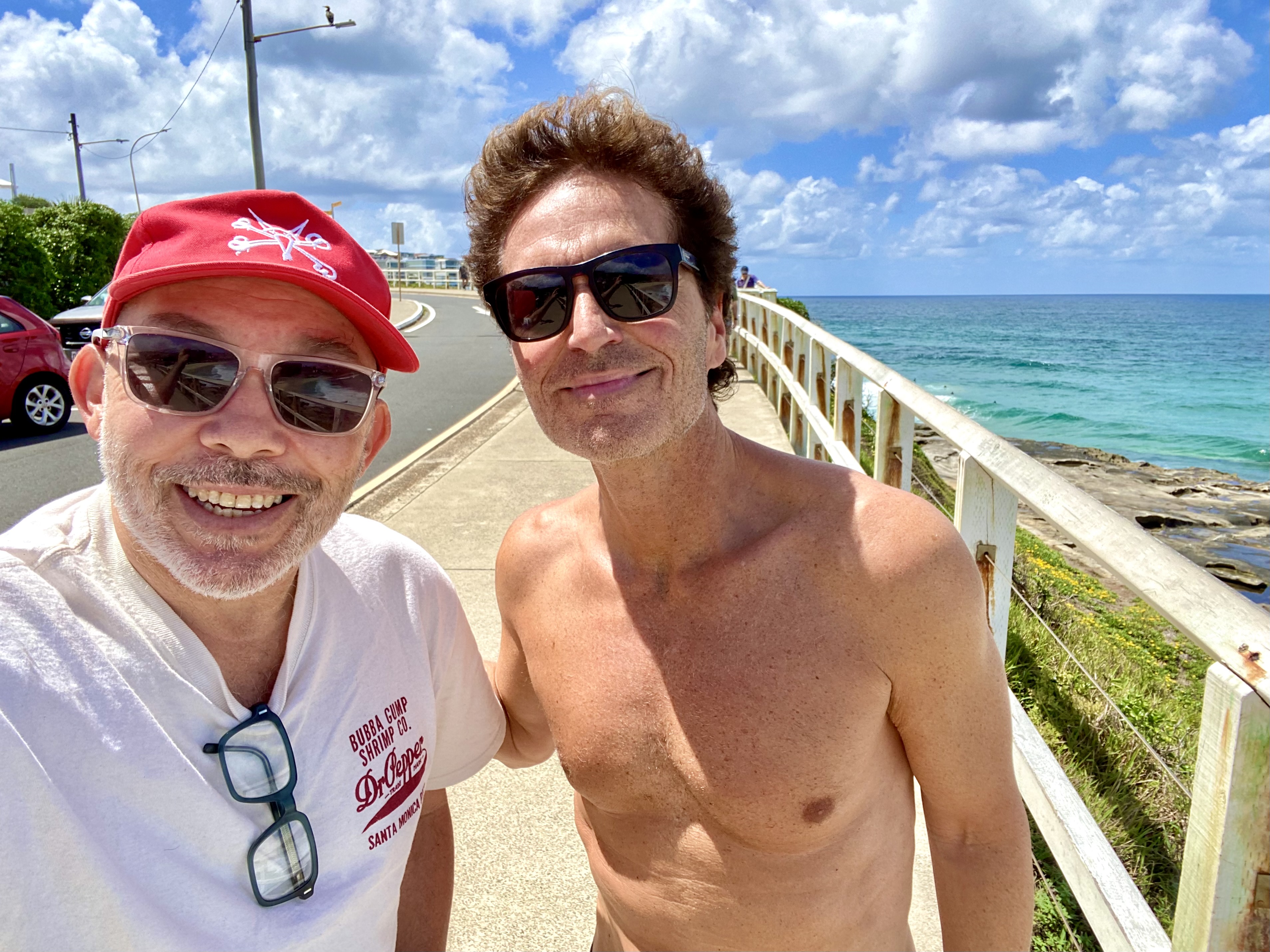
Recent discussions have raised questions about the potential link between underarm deodorant use and breast cancer. Associate Professor Sanjay Warrier, a world leading breast cancer surgeon, provides insights into these concerns, examining the ingredients in deodorants, their safety and what women should be aware of.
“I have seen a lot of chatter online recently about the potential harmful impacts of using deodorant and the connect with breast cancer. A number of women have asked me this question also during examinations. They are deeply concerned that their use of deodorant may have in some way contributed to their breast cancer diagnosis,” Associate Professor Warrier said.
Associate Professor Warrier is one of the world’s leading breast health and breast cancer surgeons who has built a highly respected practice in Sydney. The practice spans three locations with its main surgical centre located at the Chris O’Brien Lifehouse in Camperdown, and the other sites at BMA House, Macquarie Street, Sydney and Bondi Junction Medical, Oxford Street, Bondi Junction.
In addition to Associate Professor Warrier’s breast health and surgical work, he also dedicates considerable time to research exploring and developing advancements in breast cancer detection and treatments to improve outcomes for patients. He also codeveloped Australasia’s first Master of Advanced Surgery (Breast Surgery) which is delivered through the University of Sydney.
“Like anything, it is important to understand how our lifestyle impacts our health. Certainly there are modifiable factors that can raise the risk of developing breast cancer so it is important to understand these,” Associate Professor Warrier said.
“Applying products to our body that contain harmful ingredients is certainly a risk, but the important question is, does deodorant fall into this category. The answer is not so simple.”
Ingredients in deodorants
Deodorants and antiperspirants commonly contain:
- Aluminium-based compounds: Used in antiperspirants to temporarily block sweat ducts, reducing perspiration.
- Parabens: Preservatives that prevent bacterial growth and extend product shelf life.
- Fragrances: Added for scent, often comprising various chemicals.
- Propellants: In sprays, substances like butane or propane are used to disperse the product.
Are these ingredients dangerous?
“Concerns have been raised about certain ingredients across a number of studies conducted over the years,” Associate Professor Warrier said.
“These studies show that some of the chemicals in antiperspirants have been linked to cancer risk and other health issues. But the small amount of these chemicals you can absorb from antiperspirants have not been shown to increase breast cancer risk and typically deodorants don’t contain these chemicals at all, so deodorants are considered even less of a risk.”
Aluminium compounds
“Some studies have suggested that aluminium can mimic estrogen, a hormone linked to breast cancer development. However, current research has not established a definitive link between aluminium in antiperspirants and breast cancer,” Associate Professor Warrier said.
Parabens
“Parabens can also mimic estrogen in the body. While parabens have been detected in breast tumours, there is no conclusive evidence that they cause breast cancer. Notably, many deodorants and antiperspirants do not contain parabens,” Associate Professor Warrier said.
Potential impact of these concerns
“The ongoing discussions about deodorant ingredients and breast cancer risk can lead to confusion and anxiety. It is essential to rely on evidence-based information when making personal care choices. While some ingredients have been shown to mimic estrogen, current scientific evidence does not support a direct link between deodorant use and breast cancer,” Associate Professor Warrier said.
What should women be aware of?
“The important issue here is to take control of your own health. Keep up-to-date with reputable sources and consult healthcare professionals regarding any concerns about personal care products,” Associate Professor Warrier said.
“Focus on established breast cancer risk factors, such as genetics, age and lifestyle choices, rather than unproven links.
“If concerned about specific ingredients, consider using deodorants labelled as free from those substances. There are many products available that do not contain aluminium or parabens. Australia has a highly regulated framework for the sale of personal products in this country. Try and only purchase reputable brands from well known retailers. Avoid purchasing products online or from overseas where there is little information about the health and safety standards of the products.
“Do your research and read the labels of products. Only purchase products that contain ingredients you are comfortable putting on your body.”
Associate Professor Warrier emphasised that while it’s important to be mindful of the products we use, current evidence does not support a direct link between underarm deodorant use and breast cancer. Women should focus on known risk factors and consult healthcare providers for personalised advice.
Further information about undertaking breast screening and detecting breast cancer can be found at https://www.drsanjaywarrier.com.au.
About Associate Professor Sanjay Warrier

Associate Professor Sanjay Warrier is a past President and current committee member of Breast Surgeons of Australia and New Zealand (BreastSurgANZ). His views are those of his own, not BreastSurgANZ. Associate Professor Warrier’s surgery is located at the Chris O’Brien Lifehouse and he also has clinics at Oxford Street, Bondi Junction and Macquarie Street, Sydney. He is published in numerous peer-reviewed journals and won the Royal Prince Alfred Hospital’s Patron’s Prize for best scientific research.







